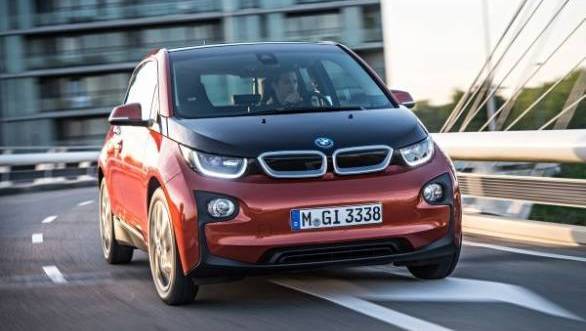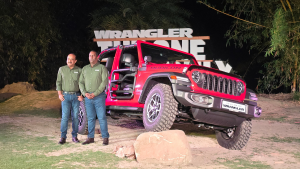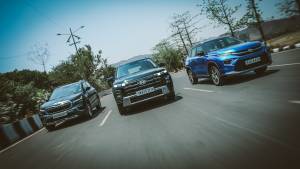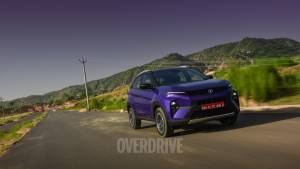Batteries: The big Electric Vehicle challenge
Mercedes-Benz recently announced plans to introduce an entire line-up of electric cars to rival Tesla and BMW, especially seeing the former's success in the electric car market. The Tesla business model is truly amazing; in a spectacular coup of sorts, the very progressive company took the concept of an everyday car (good looking and not future fantastic), mated it to an electric drivetrain and unleashed it upon the world. Before Tesla, electric car concepts that emerged at motor shows around the world resembled something straight out of Douglas Adam's mind! But now several manufacturers have realised the fact that what consumers are looking for is a regular car, stylish, comfortable, practical, and of course, they don't mind the premium on the electric powertrain. It's encouraging several manufacturers to look seriously at the electric car market as a profitable business opportunity.
The one concern most consumers have today is range anxiety. This has nothing to do with the mileage an electric car gives but the extent to which infrastructure is provided to make the longer journeys they may need to undertake viable. That is a concern to manufacturers as well, and many have stepped up without having to rely entirely on the government to develop infrastructure for their consumers. Elon Musk also stated that when along with introducing Tesla to India he would look at building charging stations around the country to support the cars. It's a far-fetched plan as of now, not impossible for the man who has overcome much larger and tougher challenges, but there is the one question of demand and supply. Tesla will only supply as many charging stations as they see demand for their cars flourish across the country, and at the expected price points, I doubt that's a viable business model in this country.

Nonetheless coming back to the question of range anxiety, electric cars are already pushing mileage figures beyond the comprehension of internal combustion engines. The advantage an electric car possesses is that it does not have to conform to globally prescribed emission norms. So powertrain development does not have to worry about how to balance torque with fuel efficiency, drivability, NVH and tail pipe emissions! Its concerns are of another nature - battery capacity, battery discharge, battery density, battery life, battery recycling, etc. Most of it has to do with batteries!
Where range is concerned, cars from various manufacturers are already getting to be more and more efficient. The Tesla Model X AWD, for instance, gives the equivalent of 38kmpl of an IC engine car. That is phenomenal economy and hardly any petrol or diesel powered car comes close. Its range on a full charge is upwards of 450km. The Kia Soul gives a 105 MPGe that's almost as much as 44kmpl with a range of 150km. The Nissan Leaf has an efficiency of 47kmpl and the BMW i3 goes up to 53kmpl. Those figures are astounding!
These efficiency figures are rated at particular speeds, much like we test fuel efficiency at specific speed ranges or engine rpm. So perhaps it's also time manufacturers worked on that aspect of range. Can the range be optimised as speeds increase? You obviously don't want to be sitting in the slow lane forever only because you're worried your car won't get there. So building batteries with the ability to hold greater charge would enormously help those looking at not just traveling outstation on holiday, for example, but also bring about a revolution in the commercial vehicle industry. India's biggest emission problems don't stem from passenger vehicles; it comes from commercial transport and goods carriers. And denser batteries, batteries that use a mixture of elements like Lithium, Nickel, Manganese, Cobalt (LiNiMnCo) or Lithium-oxygen, and so many more technologies are being developed to allow batteries hold in more charge.
You could easily say, why not put more batteries together, but there lies another challenge. Size and weight! Batteries are heavy and no matter how small they are constantly being made they occupy space. So what they are balancing is, in fact, space. Plus, tie in too many batteries together and you sort of defeat the purpose of range because the excess weight will put an additional load on the engine depleting the batteries faster. Not so easy, is it? Breakthroughs are being made. For instance, Tesla recently announced the P100D powertrain which has a larger 100kWh battery generating power. It gives higher range and better performance than any of the other powertrain options it retails on its cars. But that's not the point. What we need to see is the 90kWh or 75kWh performing in the same manner as the 100kWh powertrain.
-NA-
-NA-
Automatic
149.5
320
-NA-
-NA-
-NA-
503
660
-NA-











